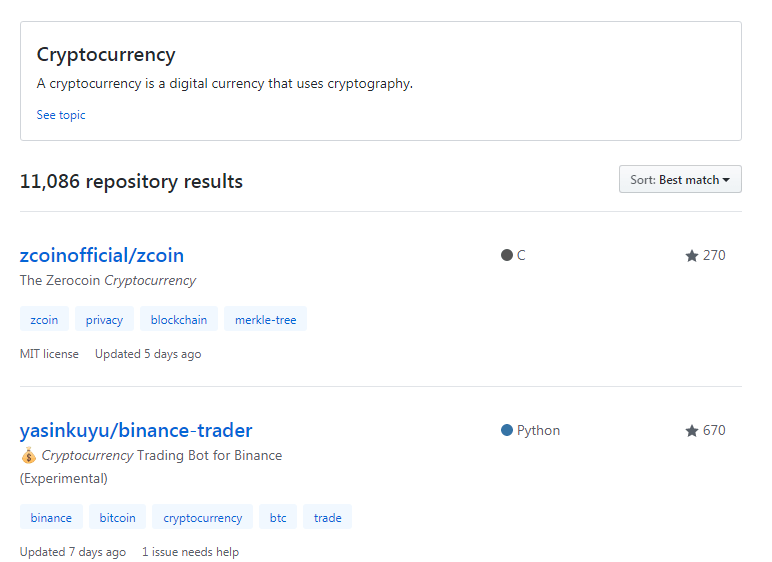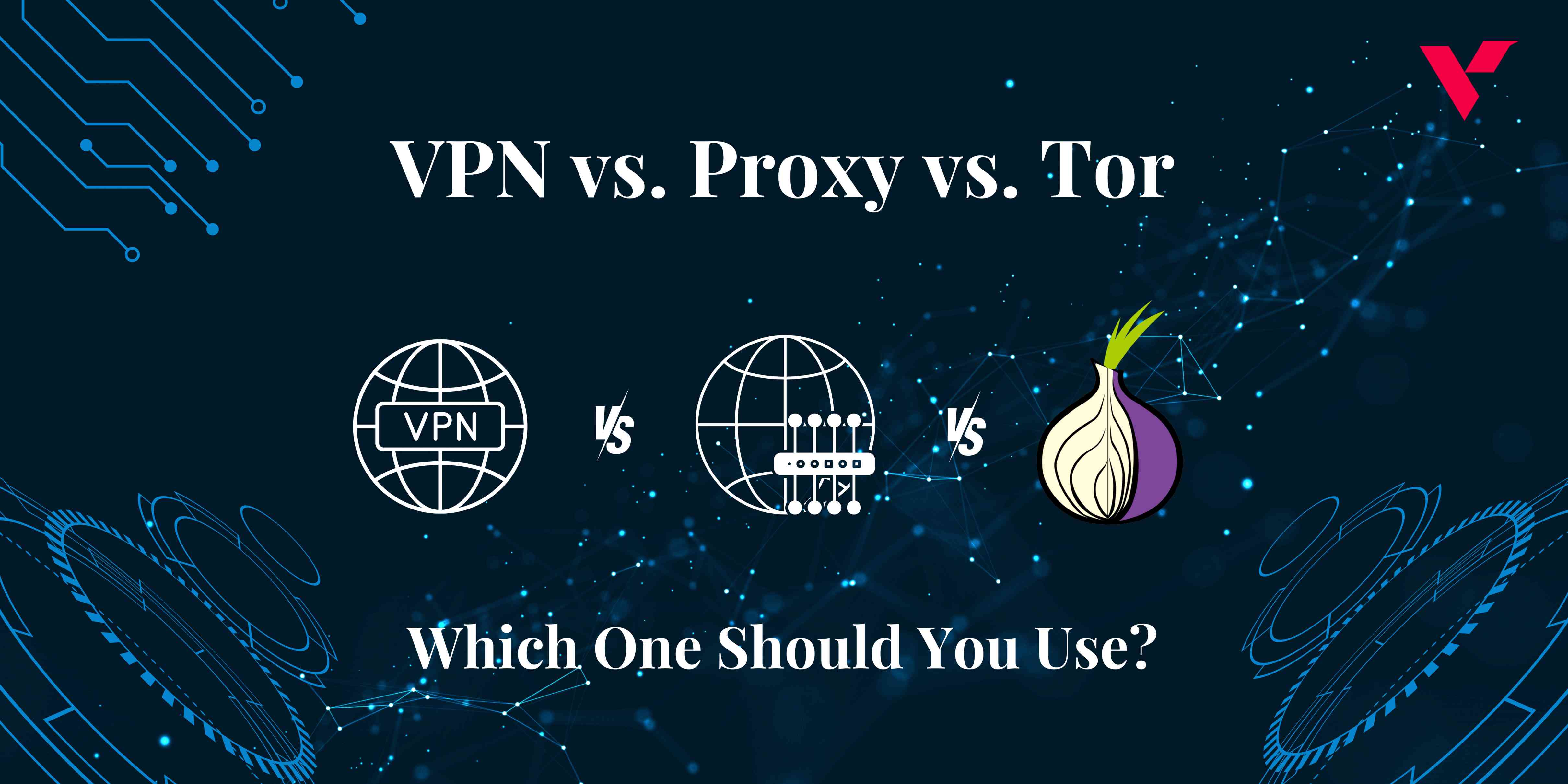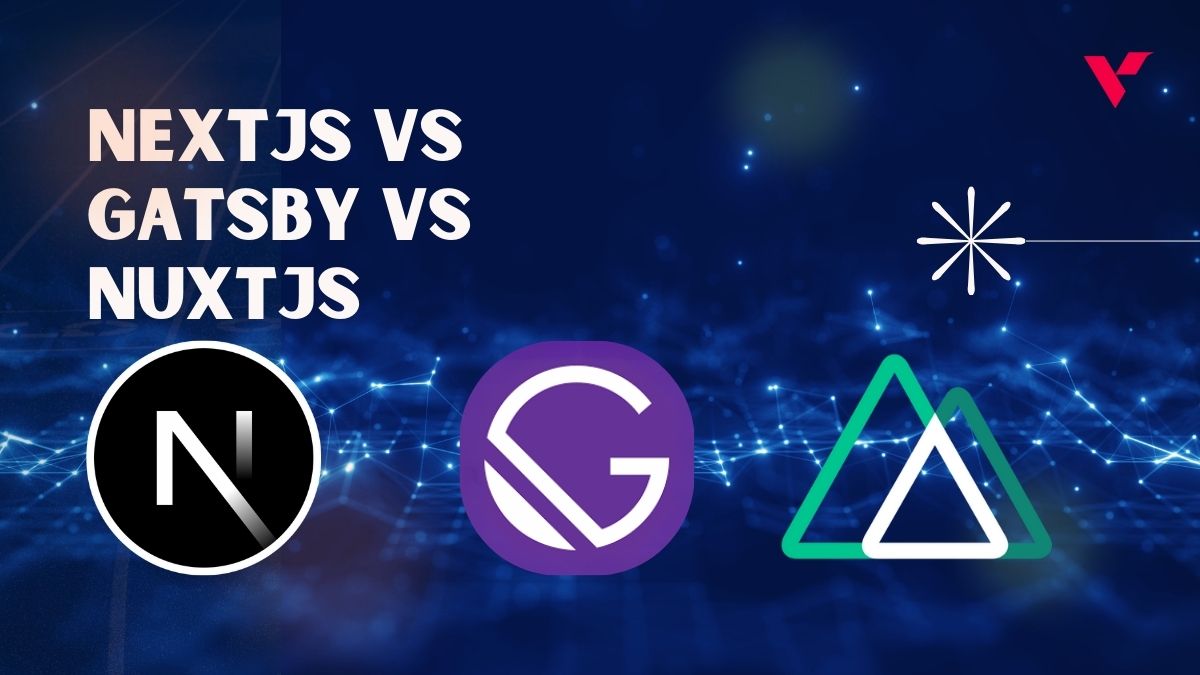Popular Tools by VOCSO
Digital currencies need no introduction. Unless you’ve been hiding under the rock for the past few years, you already know, how cryptocurrencies like Bitcoin, Ethereum and Ripple have outperformed traditional instruments of investment. If you’re one of those lucky ones who invested some of your dollars in bitcoin before 2017, you’re most likely a millionaire or billionaire now depending on how much you kept until recently. Well, for those of you, who missed the boat, you’re probably considering different options to make some money in using cryptocurrencies.
You could earn a decent amount of bitcoins in the early days, mining bitcoins, but that’s no more the case thanks to the insane amount of power costs, that makes it less attractive as a viable option. The Fear of missing out ( FOMO ) has catalyzed a lot of new cryptocurrencies ( also known as altcoins ) to give people the opportunity to get a piece of the pie.
According to coinmarketcap.com, there are 1578 cryptocurrencies at the time of writing this. It’s still possible to find the right altcoins to trade. However, it has inherent risks. Not all cryptocurrencies are made equal and you can never be sure if you’ll be able to book any profits.
Table of Contents
House always wins!
If you’re even a little bit of casino enthusiast, the chances are you’ve heard this phrase at least once… “House always wins”. Casino games are designed to give the house some favorable edges. Whether you lose or win in your stint at a casino, the casino always most certainly remains profitable. I know that’s a little off-topic, but actually no, it has a strategic reference to our topic.
When you trade any bitcoin or any other altcoins, whether it’s prices go up or down, the exchange platforms always makes money. Wouldn’t it be a great idea if you could have your own cryptocurrency exchange website? But it’s not as simple as it sounds. It’s very easy to screw up if you don’t plan it well.
If the idea of starting a cryptocurrency exchange website has hit you recently, but don’t know where to start, you’ve come to the right place. Below are 10 simple steps that will guide you in starting a cryptocurrency exchange business:
1. Review the laws and compliance requirement in your country
2. The architecture of your cryptocurrency exchange platform
a) Trade engine
b) Wallet
c) Admin control panel
d) User Interface (UI)
3. The exchange platform
a) In-house software
b) Free open source exchange platform
c) White label exchange software
4. Finding Technology Solution Provider
5. Decide on the altcoins
6. Funding for the venture
7. Getting a payment processor
8. Implementing best security practices
9. Marketing and PR strategy
10. Customer support
1. Review the laws and compliance requirements in your country
The whole idea of bitcoin and cryptocurrencies still does not go well with a lot of countries except a few. Depending on which countries your exchange platform will operate, the first thing you want to do is to understand the regulations pertaining to your operations in those countries. The law differs in every country.
But you most certainly will not want to get their attention in the wrong light. You definitely don’t want to be perceived as a money laundering platform. A lot of exchanges got shut down incurring huge financial losses. Even if the cryptocurrencies you’re dealing with are decentralized, it may be mandatory in most countries to adhere to KYC ( Know your customer ) regulations to help prevent money laundering.
Consulting a legal expert, discuss your scope and activities and seek opinion if it all falls in good light.
2. The architecture of your cryptocurrency exchange platform
Spending some time to understand these four components of your exchange platform. A platform with all these components seamlessly integrated together will be your starting point.
a) Trade engine
The trade engine is the center of any cryptocurrency exchange. It executes transactions and calculates balances. It also has access to order books and matches buy/sell orders. Like any engine is driven machine, Trade engine is a crucial component of cryptocurrency exchange software to a point that without it exchange cannot be executed. It is important to have a working trade engine before putting up other components to ensure the perfect running of the platform.
b) Wallet
Bitcoin storage for the exchange operator and his traders is done in the wallet. It should be the most secured. It is advisable to implement the hot/cold storage systems to reduce the risk of theft. In the hot wallet, the customer can instantly withdraw bitcoins to his/her external wallet without the need for approval by the exchange operator. This enables real-time transactions in the cryptocurrency exchange business. The rest of the bitcoins are stored in a cold storage wallet which is a completely offline storage. It is advisable to always keep aside a certain amount of bitcoins in the cold storage wallet since it is inaccessible from the online platform hence it is not susceptible cybercrime like hacking. It is like a safe which only you have its combinations.
c) Admin Control Panel
This is the control center where the exchange operator controls and manages his cryptocurrency exchange. It is the central command where all the orders, management and alterations are done. The admin control panel has various tasks which include; managing currencies and markets, altering liquidity to simulate trading activities within the exchange, editing the spread and trading fees, providing customer and staff support, approving user accounts in accordance to compliance requirements, crediting fiat deposits and debiting fiat withdrawals as requested by the clients.
d) User Interface (UI/IX)
The very first look at something gives the first impression. The user interface is the front end of the cryptocurrency exchange website, the trading platform and the design of your website. The user interface must be user-friendly since it is how the traders view your cryptocurrency exchange business, and customers need amazing trading experience. The user interface’s compatibility with smartphones and other portable electronic devices like iPad and tablets is a boost since the use of such devices is constantly increasing all over the world as a more digitalized era arises. It is possible to enhance trading engagements by creating apps for mobile devices which would make the accessibility of the bitcoin currency easier. With all the digitization and accessibility of the user interface in place, in order satisfy the customer, it should enable the user to;
- Register and access his/her account at any time without any difficulty.
- Deposit, bank and withdraw cryptocurrency and fiat currency at any time of the day.
- View past and present transactions, balances, statistics and performance charts.
- Make transactions; buy and sell the cryptocurrency at any time.
- Access customer care support at any time.
3. The exchange platform
Now that we’ve understood the architecture, we need to worry about acquiring the right exchange platform that meets the functional requirements. We’re looking at the three ways of acquiring and maintaining cryptocurrency exchange software. The choice of bitcoin exchanged software is based on compatibility, security, cost of acquisition, customization capability and time of acquisition. Below are the ways of acquiring bitcoin exchange software;
a) In-House built software
Building any software platform from scratch is a time consuming and costly affair. You need to bring together the team of ambitious developers well conversant with the operations of bitcoin exchange, blockchain technology, and cryptocurrencies. Decide on the programming languages to be used based on the factors such as security, scalability, ease of maintenance and community support. Although you will be dealing with APIs/JSON in most cases It is still important you use a proper programming language that is compatible with the cryptocurrencies you want to use for exchange, online payment processing platform or banks to safeguard transactions within your exchange. It is of great importance to examine the cost as well as the time that is related to the developing, maintaining and upgrading the in-house built software.
Statistically, building a cryptocurrency exchange software from the beginning is considerably expensive and time-consuming taking in place the cost of labor for each developer and the time of developing a software with such an inherently complex nature. Also, take in account the high amount of time required to completely test and debug if needed. This may, however, be a way to go in case the logic/functions required by the architecture is not easily found in other open source or off the shelf software in the market.
b) Free open source exchange platform
You may be surprised to see how many open source exchange platforms are available out there. Github is a nice place to begin your search. You will need to look at the number of forks to see which one has been mostly used. Make a shortlist based on your tech stack preference, features, and documentation available. You will still need the basic expertise in the tech/stack you’re choosing in order to implement it. Spend enough time in checking the software from the reliability and security aspects. If the software is already being used by some of the existing exchanges, this should add to its credibility and move up your list.
Be sure to thoroughly get the code reviewed to trace any bugs, susceptibility to hack attempts and malicious line of codes that may extract funds and bitcoins without anyone noticing. Although it’s free, you will need to set aside some budget for its implementation and customization. Hiring an external or in-house developer is a good idea to carry on this approach.
I’ve recently come across Arisebank that has its entire source code on GitHub spread across 111 repositories. Spend some time to review this and see if it works for you.

c) White label exchange software
This is an on-shelf software that has been possibly well tested and functions with full capabilities. It gives room for customization and modification in line with individual requirements like brand placement, design, cryptocurrency, fiat currency, languages, charting and many more. For the most part, It eliminates the need for dealing with developers, technical requirements, and ongoing maintenance. It comes packed with all the architecture (trade engine, user interface, wallet and admin control panel) in place. It is time cautious since customization takes a much shorter time compared to the others. It may cost more or less depending on which one you buy, but this definitely is your fastest bet.
Now that you’ve learned about the available options, it’s important to assess your needs and see which one matches most closely.
4. Finding technical solution provider
If you’ve opted for custom development based on an open source or off the shelf solution. You may need to seek the help of a third party tech team to code and customize the platform. If your budget does not allow you to hire your own in-house team, this is your best bet. A team with proven experience in similar space will be the right fit.
In case of a white label solution, the provider will in most case be the best people to help you with your customization or addition needs.
5. Decide on what altcoins
Altcoins is a word used to refer to cryptocurrencies that have been launched after the success of bitcoins. Since the creation of bitcoins, it has dominated the cryptocurrency world. When deciding on an altcoin, you consider the safety, value and how its regulated in the market. Most altcoins developed as a result of the dominance of bitcoins and are cashing on the people’s FOMO. Despite the introduction of so many altcoins in the market, the dominance of bitcoins has not been completely brought down.
It is still the most supreme of all the cryptocurrencies. It may still be a strategic decision to include the popular or promising altcoins ( and even tokens/ICOs ) to give people more options and reasons to use your platform.
6. Funding the venture
You will need a good amount of money to start, promote and maintain your cryptocurrency exchange platform. Even though not all funds are required at the beginning of the investment, it is important that the business has enough capital to allocate towards different aspects. Like any other business, cryptocurrency exchange business prospers well if properly managed. Do not make a mistake of failing to plan for the future, it may lead to small initial raises that may leave the business without critical operational funds that are required until the business becomes profitable and is able to cater for its own expenses. Also be aware of ongoing fees charged by some ignorant cryptocurrency exchange providers for licensing but fail to mention the legal requirements for setting up and maintaining an exchange. You should be careful when signing any industrial contract, ensure that you read and understand its legal counsels.
7. Getting a payment processor
Getting a payment processor who will help to process payment via fiat currency is a major necessity for a bitcoin exchange business. There are a lot of considerations to put in place when choosing a payment processor. Banks should be willing to support your endeavors in the cryptocurrency space. As not all bank are finding the idea of cryptocurrency lucrative. Considering the economic level of the region, it is important to choose a trustworthy bank with the ability to host online payment facilities, Like initiating bank transactions online. The speed of transactions, clearance, and settlement of funds matters a lot. High-speed transactions convenience customers hence attracting more traders to your platform. The payment processor must be full proof of cyber attacks and fraud. Many traders trade where their wealth and money are safe. In order to compete with other bitcoin exchange traders, you need to be cautious of transaction rates when getting a payment processor. Low transaction rates are best for business since it minimizes the additional expense on the traders.
8. Implement best security practices
Cryptocurrency is a target of cyber attacks, data breaches, and hacking which have become often in the industry like the infamous Mt. Gox breach. As much as you work hard to succeed in your business, you must be cautious of the other parties that work tirelessly to see you crumble. Therefore, top-notch security is needed to ensure that all parties involved in the trade have their funds, bitcoins, private data, KYC details, and bank account information remain secure.
A proper security audit by a third party agency such as ProvenSec will reveal any loopholes, which you can address with your in-house or external security experts.
9. Marketing and PR strategies
Every business needs marketing. Proper planning of your marketing activities is an important step towards landing large market to your cryptocurrency exchange business. You should have a proper financial plan to protect your business from going down due to inadequate funds to run your marketing strategy. Many people omit proper marketing plans in their budget. Being a cryptocurrency exchange business you should focus more on social media marketing to attract more online customers. But you need to be aware of all the channels where you can reach out to your target audience. Custom prepare a marketing plan with the help of a digital marketing agency to leverage the available channels. Monitoring and optimizing your campaign will be an ongoing process. The number of funds required will be well estimated based on your choice of keeping an in-house marketing team or outsourcing the work to an external marketing agency.
10. Customer Support Channel
For a successful cryptocurrency exchange business, it is important to set up a reliable customer support channel. Attentive staff that is in place to resolve customer complaints and technical issues, approving KYC requests, processing the deposit and withdrawal of fiat currency satisfy the traders in the platform. They should be available all the time since cryptocurrency is a 24/7 trade. A good customer support ensures swift trade and generates revenue from the customer’s satisfaction.
Cryptocurrency exchange business is a relatively new business in town that still has a lot of expansion space. It requires several rounds of discussions, brainstorming, and research to come up with the working plan. The above steps are simple steps that will enable you to start a successful cryptocurrency exchange. You can choose your scope of operation, within the country, international or regional. However, the scope you choose, the steps will lead you to a great start. It is also important to maintain legal compliance with the current and proposed law and regulations as you carry out the bitcoin exchange business. Hopefully, this has been useful and has enabled you set up an action plan and base which you can carry on.


















